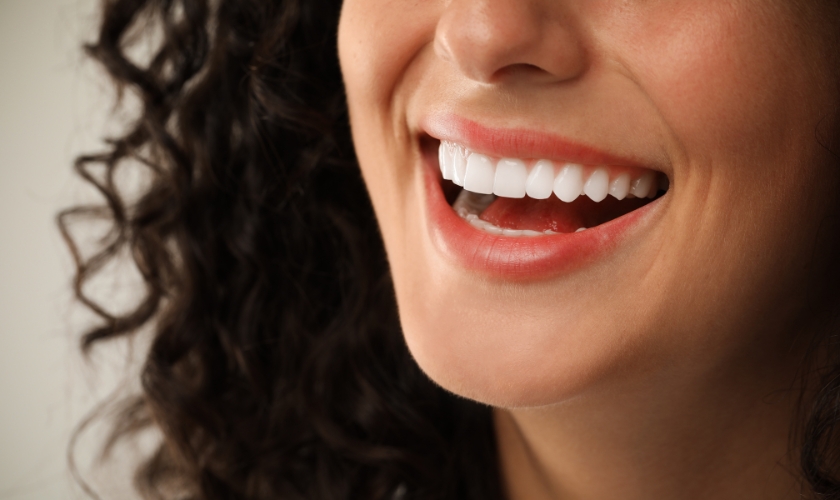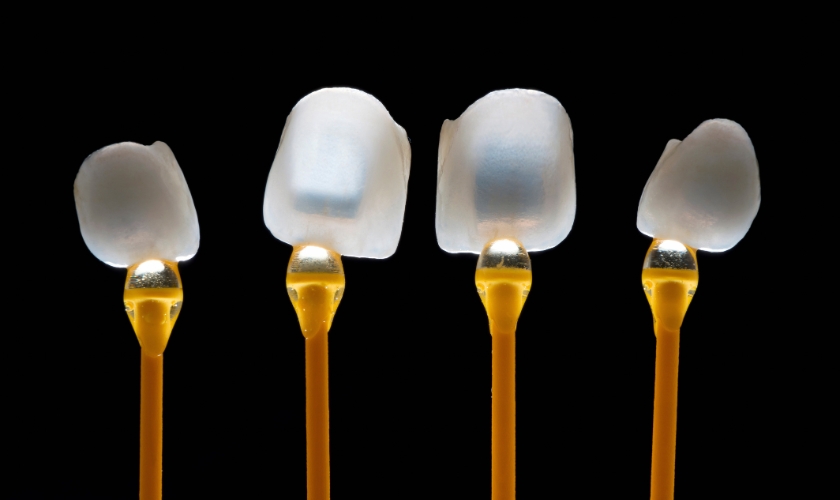The Impact of Dental Veneers on Oral Health: Benefits and Considerations

A smile influences first impressions and self-esteem. Dental veneers offer a way to enhance teeth, making them look healthier and more aligned. These thin, custom shells bond to the front of teeth, improving their appearance. While many focus on cosmetic advantages, veneers also affect oral health.
Understanding the impact of dental veneers helps in making informed decisions. While veneers improve aesthetics and provide some protective benefits, they also come with considerations. Proper care is essential to avoid complications. This guide explores their benefits, potential drawbacks, and how they influence oral health.
Benefits of Dental Veneers
Dental veneers provide more than just an aesthetic boost. They contribute to overall oral health in several ways:
- Enamel Protection – Veneers act as a shield, reducing enamel wear from acidic foods and drinks.
- Stronger Teeth – They reinforce weakened teeth, preventing further deterioration.
- Stain Resistance – Porcelain veneers resist stains better than natural enamel, keeping teeth whiter.
- Alignment Improvement – Mild misalignment issues can be corrected without orthodontic treatment.
- Reduced Sensitivity – They add a protective layer, reducing discomfort from hot and cold foods.
Potential Drawbacks to Consider
Veneers come with some downsides that should be carefully weighed:
- Irreversible Process – A small amount of enamel gets removed before application, making the procedure permanent.
- Possible Sensitivity – Some patients experience temporary sensitivity post-procedure.
- Replacement Over Time – Veneers last around 10–15 years before requiring replacement.
- Risk of Damage – Hard foods or teeth grinding may lead to chipping or cracking.
How Veneers Improve Oral Health?
- Prevent Further Decay – By covering damaged areas, veneers stop minor cavities from worsening.
- Reduce Bacteria Buildup – Smooth surfaces make it harder for plaque to accumulate.
- Encourage Better Hygiene – Patients often adopt better brushing and flossing habits to protect their veneers.
- Alter Natural Tooth Structure – Since a portion of enamel is removed, teeth rely on veneers for protection.
- Potential Gum Irritation – Poorly fitted veneers may cause gum inflammation if not properly maintained.
Choosing the Right Type of Veneers
Different materials provide varying benefits:
- Porcelain Veneers – Highly durable and resistant to stains.
- Composite Veneers – Less costly but more prone to staining and damage.
- Lumineers – Require minimal enamel removal, preserving more of the natural tooth structure.
Longevity and Maintenance
Proper care extends veneer lifespan:
- Use a Soft-Bristle Toothbrush – Hard bristles can scratch veneers over time.
- Avoid Staining Foods – Coffee, red wine, and tobacco can still cause discoloration over time.
- Wear a Mouthguard – Protect veneers from grinding or sports-related impact.
- Regular Dental Checkups – Ensures veneers remain intact and healthy.
Impact of Dental Veneers on Confidence and Daily Life
Beyond oral health, veneers influence daily interactions:
- Boosts Self-Esteem – Enhances confidence in personal and professional settings.
- Improves Speech – Corrects minor alignment issues that may affect pronunciation.
- Encourages Smiling – People feel more comfortable showing their teeth.
Dental veneers offer a balance of aesthetics and oral health benefits. They protect enamel, enhance appearance, and boost confidence. However, the process is irreversible, requiring a commitment to maintenance. Understanding both the benefits and considerations ensures a well-informed decision.
For personalized guidance on dental veneers in Roseville, contact our team today to schedule a consultation.




